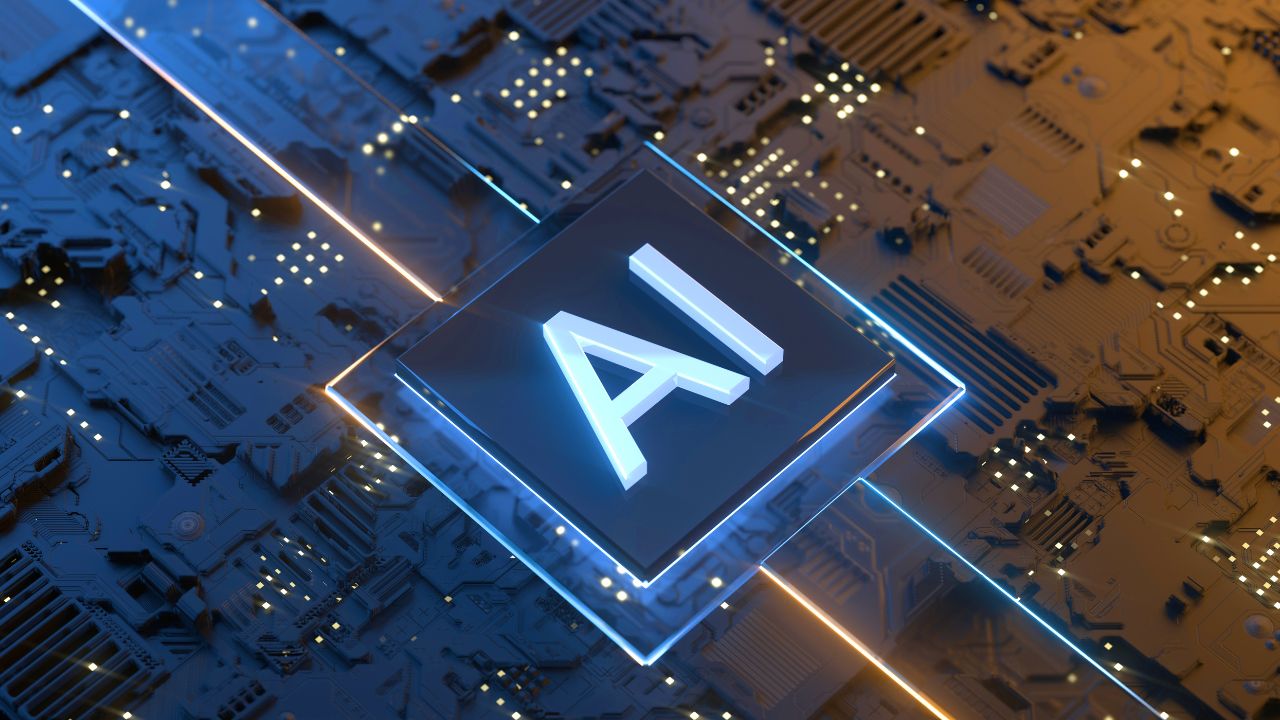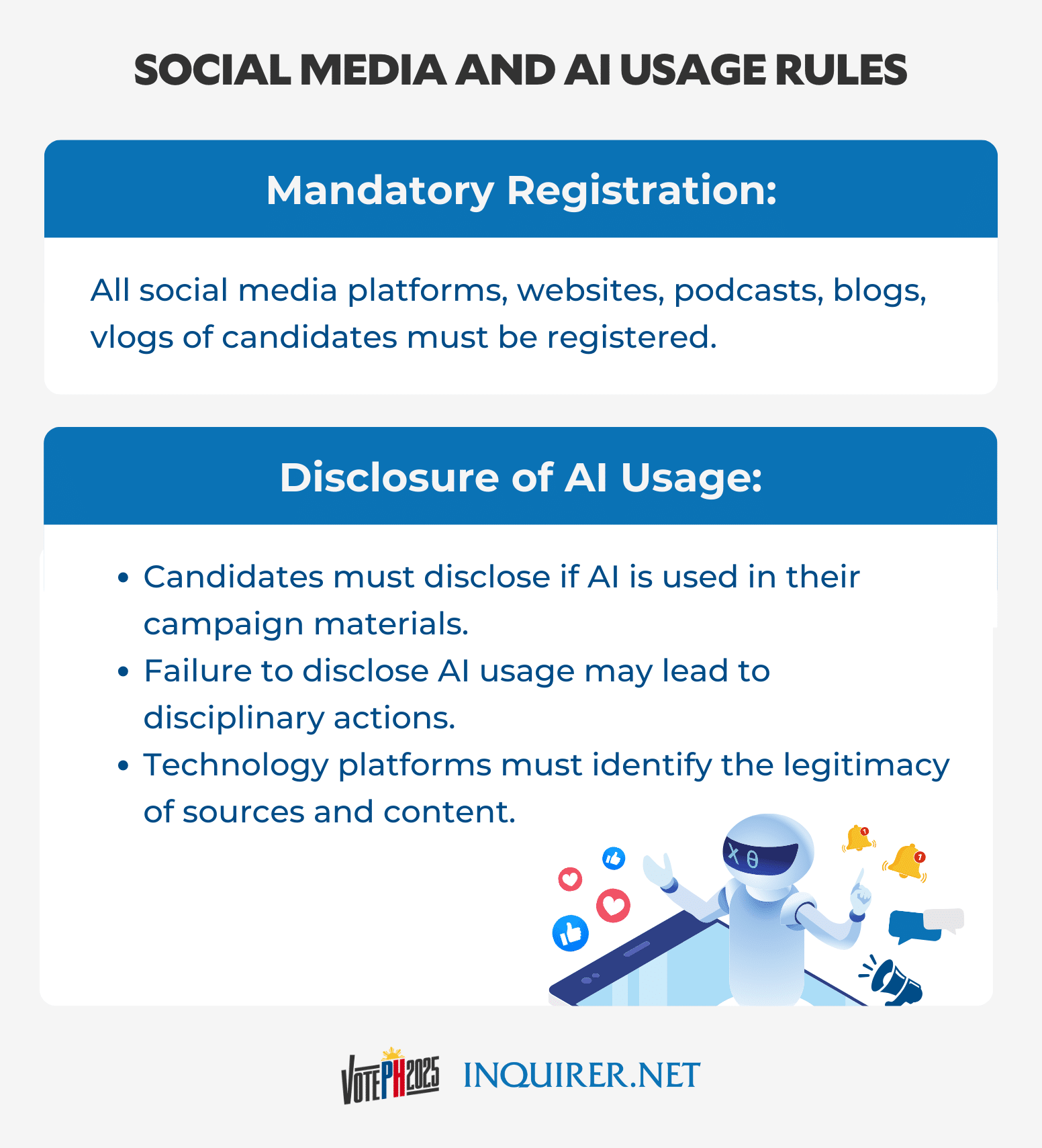
INQUIRER.net stock images
MANILA, Philippines — The Commission on Elections (Comelec) will not “absolutely” prohibit the use of artificial intelligence (AI) for digital election campaigns in the 2025 midterm elections.
Comelec Chairman George Garcia made the declaration on Thursday when Senator Francis Tolentino asked about the digital election campaign guidelines released by the poll body on Wednesday.
According to Garcia, there have been election campaign regulations on print, radio, and television before, but not on social media.
“On our part, we will not absolutely prohibit the use of AI because it can be helpful if it is used properly, but we would like to prevent misinformation, disinformation, and fake news,” Garcia said in Filipino at the the Senate subcommittee on finance budget hearing on the 2025 proposed budget of Comelec.
Under the guidelines, registered social media accounts and other candidates’ platforms, political parties, and organizations shall disclose their AI usage and use appropriate technology to identify the sources’ legitimacy.
This also includes disclosure that a particular content has been manipulated by AI.
Garcia previously said that he would push for a ban on using deepfakes and AI technology in campaign materials for the 2025 elections
He said: “There are many who get confused. There are many misrepresentations. Many falsehoods happen when these are used.”
He also aid, however, that he would be listening to his colleagues’ opinions if the AI and fakes were banned.
Deepfake is an artificial intelligence tool used to manipulate or edit a certain image, audio, or video to make it look convincing and real.
Garcia also said in the hearing that they would be coordinating with different platforms, such as X (formerly Twitter) and Google, to monitor election-related content.
Dati-rati, pag may pinatanggal tayo na malicious, fake news, or misinformation, nagre-request to remove inaabot po tayo ng months. We’re hoping that using the guidelines, we can easily, on the same day, we can easily request the platforms to remove the malicious information or news or fake news,” he added.
(Before, if we ask to take down malicious, fake news, or misinformation, the request to take it down can take up to months. We’re hoping that with the guidelines, we can easily do so on the same day, we can easily request the platforms to remove the malicious information, news, or fake news.)
There is also corresponding punishment for failure to disclose the use of AI and those who will be proven guilty of spreading disinformation.
Garcia noted that releasing digital election campaign guidelines using AI, deepfakes, and disinformation is the “first time in history.
Garcia also said that they will be tapping other government agencies to be involved in the implementation.
“We will definitely involve everybody. This should be a whole-of-government, even a whole-of-nation approach. We will involve the National Bureau Investigation, Philippine National Police, the DICT [Department of Information and Communications Technology] and our citizen’s arm. Mayroon din po silang participation (They also have participation). They are not only on the reportorial part, but likewise on the investigation part,” Garcia pointed out.
The Task Force KKK (Katotohanan, Katapatan, and Katarungan) sa Halalan, the Education and Information Department, and the Law Department of Comelec will be implementing arms of the guidelines
Task Force KKK sa Halalan was formed in July to monitor and regulate content on television, radio, print, and online, and debunk malicious information against the poll body, its officials, and the electoral process.


